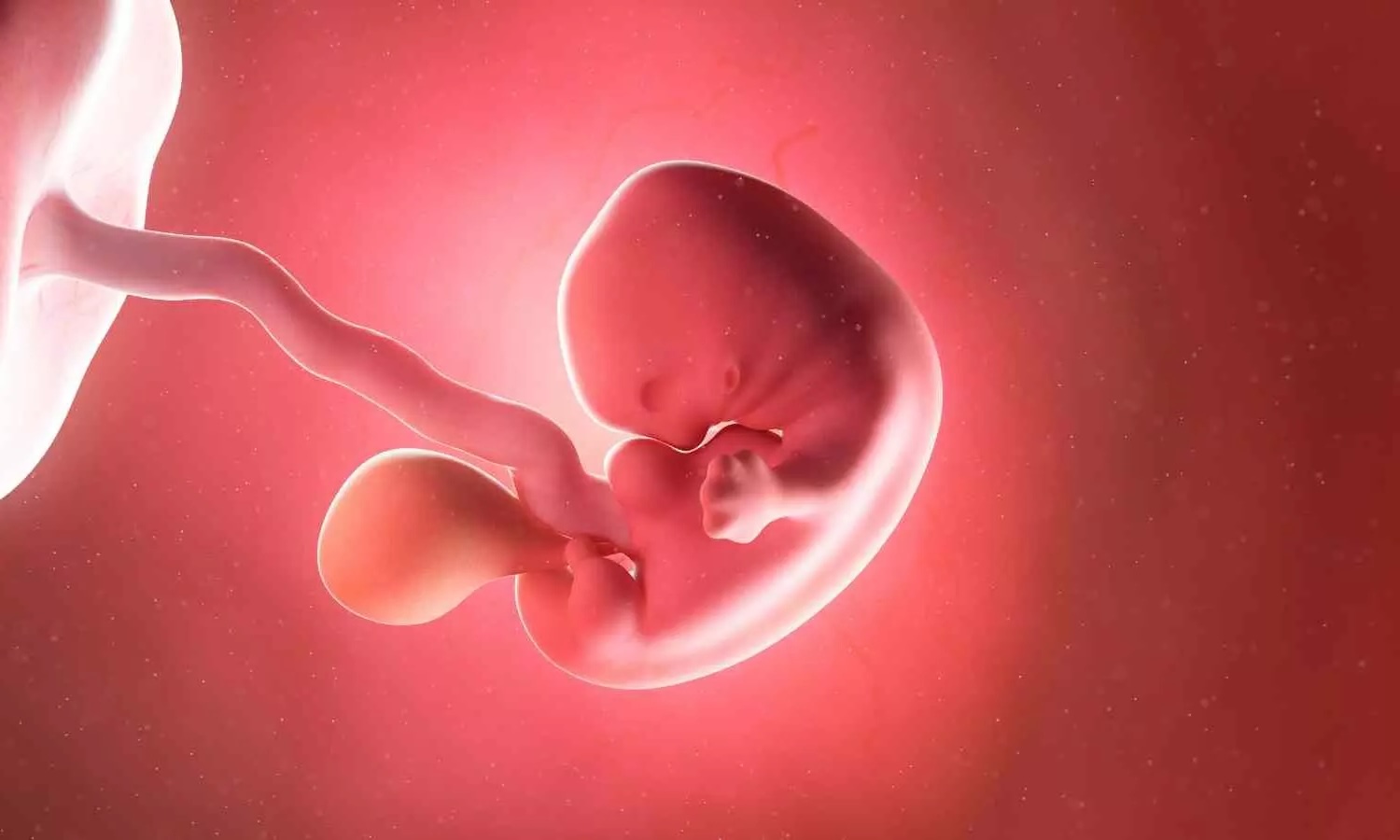
Ontogeny is the study of how an organism develops from a single cell into its full form. This process, also known as development, involves a series of complex changes that occur from the embryonic stage to adulthood. Understanding ontogeny helps scientists learn about growth patterns, genetic influences, and environmental impacts on living beings. It’s fascinating to see how a tiny embryo transforms into a fully functioning organism. This field of study is crucial for advancements in biology, medicine, and even psychology. Ontogeny not only reveals the secrets of individual development but also provides insights into evolutionary processes. Dive into these 29 intriguing facts about ontogeny to expand your knowledge of life's developmental journey.
What is Ontogeny?
Ontogeny refers to the development of an organism from the earliest stage to maturity. This process encompasses all the changes an organism undergoes from fertilization to adulthood. Let's dive into some fascinating facts about ontogeny.
-
Ontogeny vs. Phylogeny: Ontogeny is about individual development, while phylogeny deals with the evolutionary history of a species.
-
Embryonic Development: The first stage of ontogeny is embryonic development, where a single cell divides and differentiates into various cell types.
-
Germ Layers: During early development, three primary germ layers form: ectoderm, mesoderm, and endoderm. These layers give rise to all tissues and organs.
-
Cell Differentiation: Cells become specialized in structure and function through a process called differentiation.
-
Morphogenesis: This is the biological process that causes an organism to develop its shape.
Stages of Ontogeny
Ontogeny can be divided into several distinct stages, each with its own unique characteristics.
-
Zygote Stage: The zygote is the initial cell formed when two gametes (sperm and egg) merge.
-
Blastula Stage: After several rounds of cell division, the zygote becomes a blastula, a hollow ball of cells.
-
Gastrulation: This stage involves the formation of the three germ layers.
-
Organogenesis: Organs begin to form from the germ layers.
-
Fetal Stage: In mammals, the fetal stage is when the organism starts to resemble a miniature adult.
Genetic and Environmental Influences
Both genetic factors and environmental conditions play crucial roles in ontogeny.
-
Genetic Blueprint: DNA contains the instructions for building and maintaining an organism.
-
Epigenetics: Environmental factors can influence gene expression without altering the DNA sequence.
-
Mutations: Changes in DNA can lead to variations in development.
-
Teratogens: Substances like drugs or chemicals can cause developmental abnormalities.
-
Nutrition: Adequate nutrition is essential for proper development.
Ontogeny in Different Species
Ontogeny varies widely among different species, reflecting their unique evolutionary paths.
-
Insects: Many insects undergo metamorphosis, a dramatic transformation from larva to adult.
-
Amphibians: Frogs and salamanders start as aquatic larvae and undergo metamorphosis to become terrestrial adults.
-
Birds: Bird embryos develop inside eggs, relying on yolk for nourishment.
-
Mammals: Mammalian embryos develop inside the mother's womb, receiving nutrients through the placenta.
-
Fish: Fish embryos develop in water, often within eggs.
Ontogeny and Behavior
Behavioral traits can also be influenced by ontogeny.
-
Imprinting: Some animals, like ducks, imprint on the first moving object they see, usually their mother.
-
Critical Periods: Certain behaviors must be learned during specific developmental windows.
-
Play: Play behavior in young animals helps develop social and physical skills.
-
Learning: The ability to learn and adapt is crucial for survival and is influenced by early experiences.
Ontogeny and Evolution
Ontogeny provides insights into evolutionary processes.
-
Recapitulation Theory: This outdated theory suggested that ontogeny recapitulates phylogeny, meaning an organism's development mirrors its evolutionary history.
-
Heterochrony: Evolutionary changes in the timing of developmental events can lead to new traits.
-
Paedomorphosis: Retaining juvenile features into adulthood can be an evolutionary advantage.
-
Neoteny: Delayed development of certain traits can result in significant evolutionary changes.
-
Evo-Devo: Evolutionary developmental biology (evo-devo) studies how changes in development contribute to evolutionary diversity.
The Final Word on Ontogeny
Ontogeny, the journey of an organism from a single cell to its full form, is a fascinating process. It shows how complex life is, with each stage revealing new details about growth and development. Understanding ontogeny helps scientists learn about evolution, genetics, and even medical conditions. It’s not just about biology; it’s about seeing the bigger picture of life itself.
From the moment of conception to adulthood, every step is crucial. Each phase, whether it’s cell division, differentiation, or maturation, plays a vital role. This knowledge can lead to breakthroughs in medicine, agriculture, and environmental science.
So, next time you see a plant sprout or a baby animal, remember the incredible process of ontogeny that brought it to life. It’s a reminder of the intricate and beautiful dance of nature. Keep exploring, keep questioning, and stay curious about the wonders of life.
Was this page helpful?
Our commitment to delivering trustworthy and engaging content is at the heart of what we do. Each fact on our site is contributed by real users like you, bringing a wealth of diverse insights and information. To ensure the highest standards of accuracy and reliability, our dedicated editors meticulously review each submission. This process guarantees that the facts we share are not only fascinating but also credible. Trust in our commitment to quality and authenticity as you explore and learn with us.
